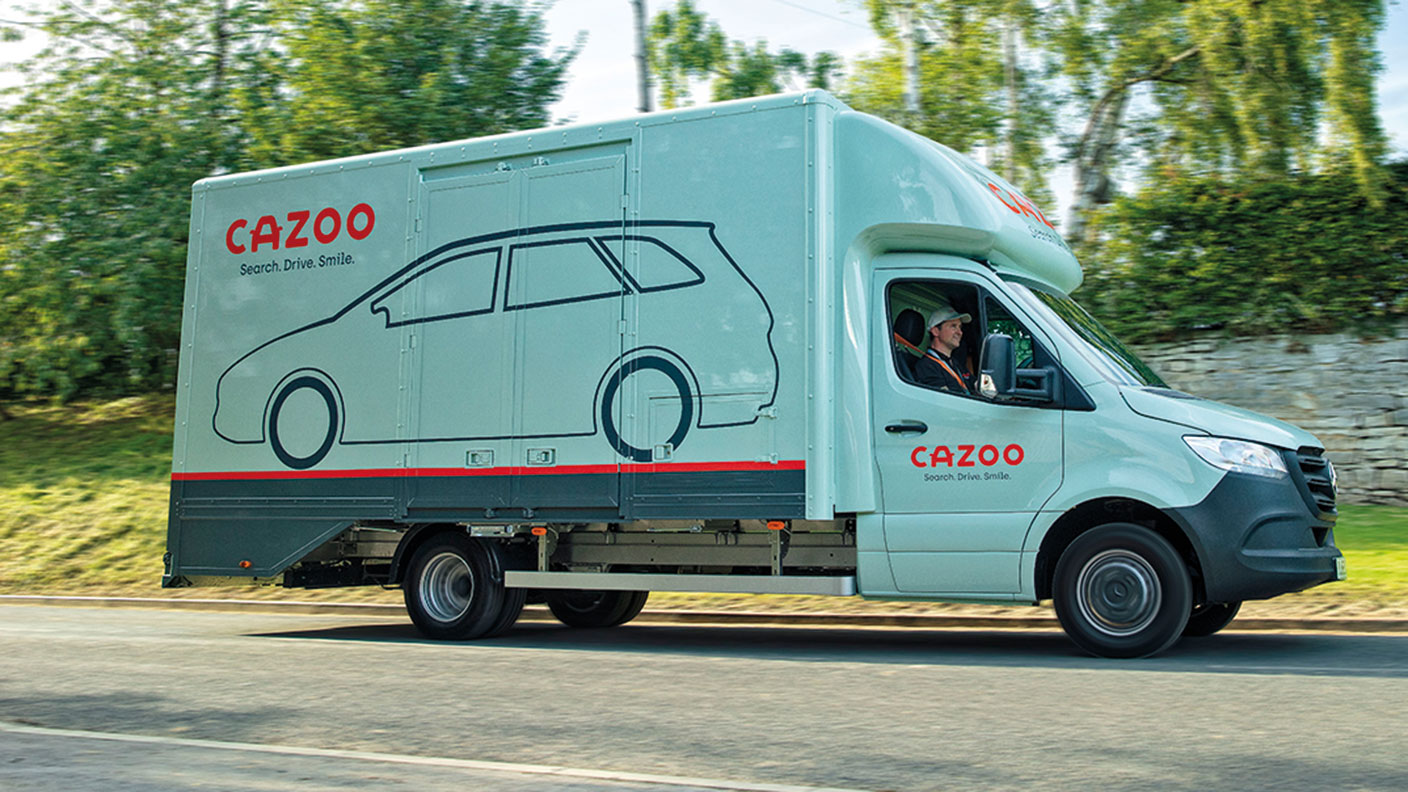Cazoo – the “Amazon of used cars” – comes to market
British online car retailer Cazoo will make its stockmarket debut in New York after a $7bn merger with a SPAC.


Get the latest financial news, insights and expert analysis from our award-winning MoneyWeek team, to help you understand what really matters when it comes to your finances.
You are now subscribed
Your newsletter sign-up was successful
Want to add more newsletters?
British online car retailer Cazoo will make its stockmarket debut in New York after it agreed to merge with special-purpose acquisition company (SPAC) Ajax I in a deal that values the company at $7bn, says Kalyeena Makortoff in The Guardian. The deal is a “blow” to the City and the London Stock Exchange, which reportedly “lobbied for the car retailer to list in its home market”. This also represents another victory for SPACs, which offer a “cheaper, quicker way for a private company to join a stockmarket”.
The agreement will provide Cazoo, known as the “Amazon of used cars” with up to $1.6bn in funding, to “fuel its growth and expand its operations across Europe”. The deal is particularly good news for the Daily Mail and General Trust, says The Times. Its 20% stake in the company is worth around £1bn – “significantly more” than the £117m the Daily Mail originally invested. No wonder Daily Mail shares jumped by 9% on the news. The listing is expected to conclude by the third quarter of this year, but by then it could seem a bargain, says Tim Bradshaw in the Financial Times. Cazoo believes that Europe’s $500bn used car market is “ripe for disruption”, with customers becoming “more comfortable spending sums as [high] as its average selling price of £12,453 online”.
Meanwhile, the greater population density compared with America could enable it to make earnings before interest, taxes, depreciation and amortisation margins of 8%-10% in the long term. Note that SoftBank-backed rival Auto1 is already a third above its initial public offering price after it went public in Frankfurt in early February to raise around €1.8bn.
Try 6 free issues of MoneyWeek today
Get unparalleled financial insight, analysis and expert opinion you can profit from.

Sign up to Money Morning
Don't miss the latest investment and personal finances news, market analysis, plus money-saving tips with our free twice-daily newsletter
Don't miss the latest investment and personal finances news, market analysis, plus money-saving tips with our free twice-daily newsletter
Get the latest financial news, insights and expert analysis from our award-winning MoneyWeek team, to help you understand what really matters when it comes to your finances.

-
 Review: Pierre & Vacances – affordable luxury in iconic Flaine
Review: Pierre & Vacances – affordable luxury in iconic FlaineSnow-sure and steeped in rich architectural heritage, Flaine is a unique ski resort which offers something for all of the family.
-
 Could you get cheaper loans under ‘significant’ FCA credit proposals?
Could you get cheaper loans under ‘significant’ FCA credit proposals?The Financial Conduct Authority has launched a consultation which could lead to better access to credit for consumers and increase competition across the market, according to experts.
-
 8 of the best properties for sale with minstrels’ galleries
8 of the best properties for sale with minstrels’ galleriesThe best properties for sale with minstrels’ galleries – from a 15th-century house in Kent, to a four-storey house in Hampstead, comprising part of a converted, Grade II-listed former library
-
 The rare books which are selling for thousands
The rare books which are selling for thousandsRare books have been given a boost by the film Wuthering Heights. So how much are they really selling for?
-
 How to invest as the shine wears off consumer brands
How to invest as the shine wears off consumer brandsConsumer brands no longer impress with their labels. Customers just want what works at a bargain price. That’s a problem for the industry giants, says Jamie Ward
-
 A niche way to diversify your exposure to the AI boom
A niche way to diversify your exposure to the AI boomThe AI boom is still dominating markets, but specialist strategies can help diversify your risks
-
 New PM Sanae Takaichi has a mandate and a plan to boost Japan's economy
New PM Sanae Takaichi has a mandate and a plan to boost Japan's economyOpinion Markets applauded new prime minister Sanae Takaichi’s victory – and Japan's economy and stockmarket have further to climb, says Merryn Somerset Webb
-
 Early signs of the AI apocalypse?
Early signs of the AI apocalypse?Uncertainty is rife as investors question what the impact of AI will be.
-
 8 of the best properties for sale with beautiful kitchens
8 of the best properties for sale with beautiful kitchensThe best properties for sale with beautiful kitchens – from a Modernist house moments from the River Thames in Chiswick, to a 19th-century Italian house in Florence
-
 Three key winners from the AI boom and beyond
Three key winners from the AI boom and beyondJames Harries of the Trojan Global Income Fund picks three promising stocks that transcend the hype of the AI boom